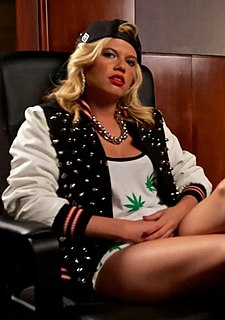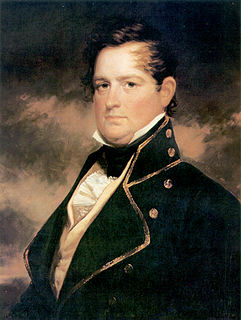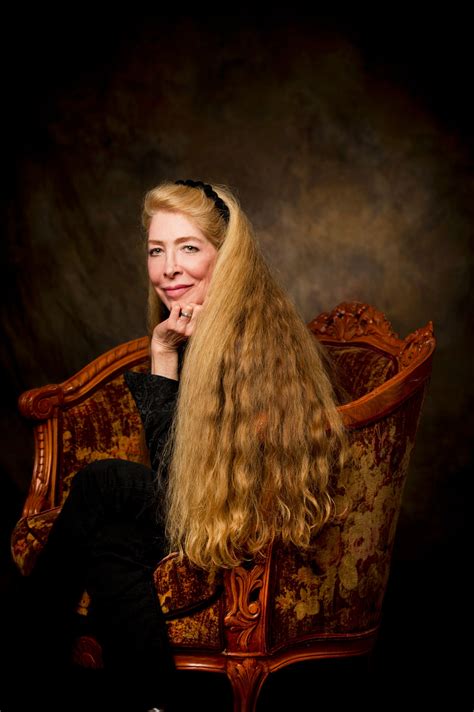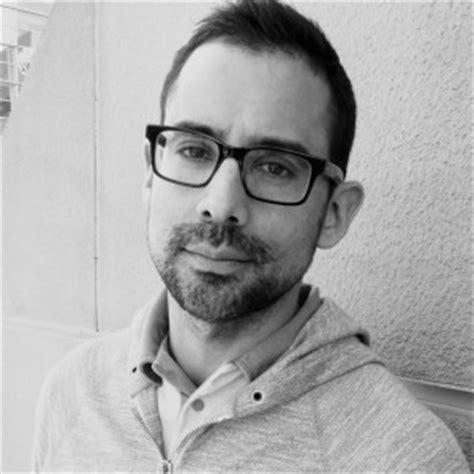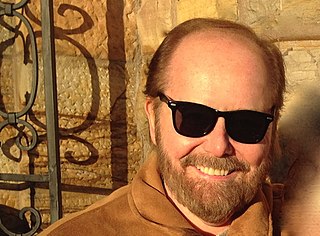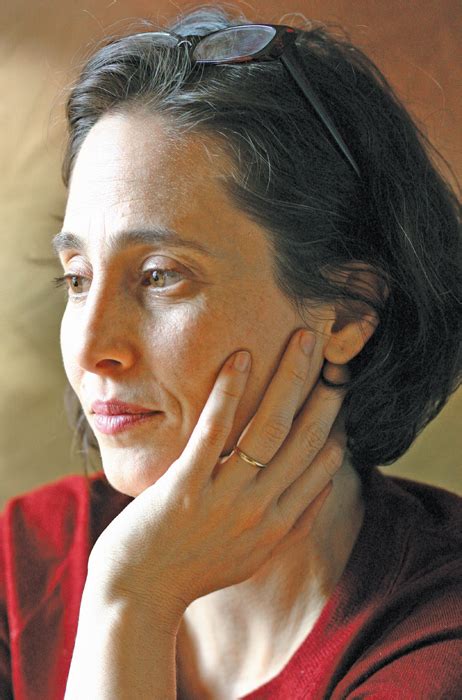Top 1200 Epic Poems Quotes & Sayings - Page 2
Explore popular Epic Poems quotes.
Last updated on April 20, 2025.
If I'm still wistful about On the Road, I look on the rest of the Kerouac oeuvre--the poems, the poems!--in horror. Read Satori in Paris lately? But if I had never read Jack Kerouac's horrendous poems, I never would have had the guts to write horrendous poems myself. I never would have signed up for Mrs. Safford's poetry class the spring of junior year, which led me to poetry readings, which introduced me to bad red wine, and after that it's all just one big blurry condemned path to journalism and San Francisco.
If you can find two poems in a book, it could be a pretty good book for you. You know, two poems you really like. There are some poets who are fairly big names in contemporary poetry and who write a book and I might like three or four poems in the book, but the rest of them don't appeal to me personally; but I think that's the way it really ought to be. I think it's really a rare thing to like everything that somebody has written.
Robert Frost says in a piece of homely doggerel that he has hoped wisdom could be not only Attic but Laconic, Boeotian even - "at least not systematic"; but how systematically Frostian the worst of his later poems are! His good poems are the best refutation of, the most damning comment on, his bad: his Complete Poems have the air of being able to educate any faithful reader into tearing out a third of the pages, reading a third, and practically wearing out the rest.
I do feel that now and I feel that this development of recording poems, of speaking poems at readings, of having records of poets, I think this is a wonderful thing. I'm very excited by it. In a sense, there's a return, isn't there, to the old role of the poet, which was to speak to a group of people, to come across.
If the motive of writing is for some people a kind of exercise in dirty laundry, that's one thing. I've always thought of my poems as meant to be overheard, as I think all of these poems are. It seems to me if you get experience right, even your most painful or humiliating experiences - if you get those experiences right for yourself and make discoveries as you go along and find for them some formal glue - they will be poems for others.
I think that the casual reader and the lyric and confession are trickily tied up together. I mean often when I read my students' poems my first impulse is to say, "O, the subject of this pronoun, this 'I,' is whatever kid wrote this poem." The audience for lyric poems is "confessionalized" to some extent. And I think this audience tends to find long narrative poems, for instance, kind of bewildering.

